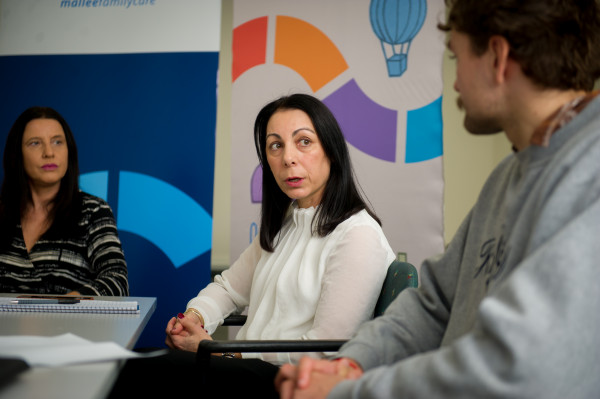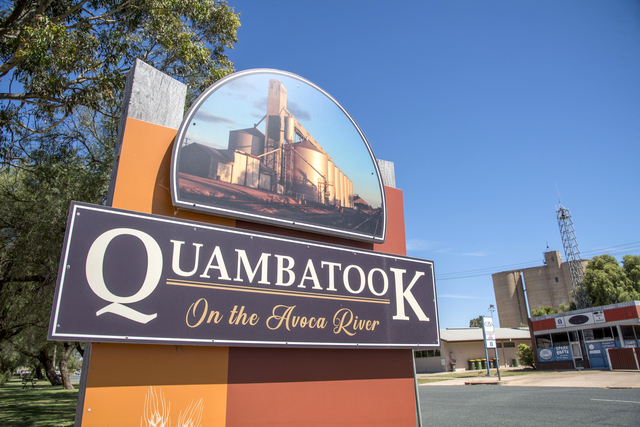MALLEE Family Care has called on the Federal Government to place children and families at the heart of its 2025-26 Budget to “reduce the long-term and harmful impacts of the cost-of-living crisis”.
In its pre-budget submission, MFC highlighted the “stark” disparities in developmental, health, social and educational outcomes faced by children across Australia, particularly those living in poverty, rural and regional areas or experiencing intersecting disadvantages.
“Nearly 20 per cent of Australian children are living in poverty and the long-term consequences of this are devastating – not only for these children and their families but for the entire nation,” chief executive Teresa Jayet said.
“When children experience disadvantage early in life it imposes significant long-term costs on the broader community.
“This includes increased costs through the health, social care and criminal justice systems.
“The good news is that regional communities have the knowledge, skills and commitment to work together to address the underlying drivers of disadvantage, leading to a stronger and more prosperous future for our country.”
Ms Jayet said MFC’s submission included evidence that every dollar invested in early childhood development for disadvantaged children yields a return of up to $13 to the community.
It recommended cost-effective strategies to support children and families experiencing disadvantage, including:
• Raising social security payments above the Henderson Poverty Line to help people meet current cost-of-living pressures;
• Expanding services for families in crisis, including additional support for mental health care, foster care and early intervention programs;
• Reforming tax policies and adopting a Housing-First approach to deliver stable, affordable housing for vulnerable families, and;
• Supporting place-based community organisations to take a comprehensive approach to addressing disadvantage.
Ms Jayet said this suite of measures would support the ongoing work of place-based community organisations in regional areas facing multiple challenges.
“Poverty doesn’t exist in isolation; it clusters with other forms of disadvantage, creating significant geographic inequities,” she said.
“In regions like the Mallee, this entrenched disadvantage demands a placebased, whole-of-community response.
“This federal budget we are calling on the government to support the work of MFC and other placebased organisations by addressing the upstream drivers of inequality and recognising the importance of comprehensive, community-based responses.
“By investing in our children and families now, we can create a stronger, more prosperous and more inclusive future for all Australians.”
Read the full submission at www.malleefamilycare.org.au.







